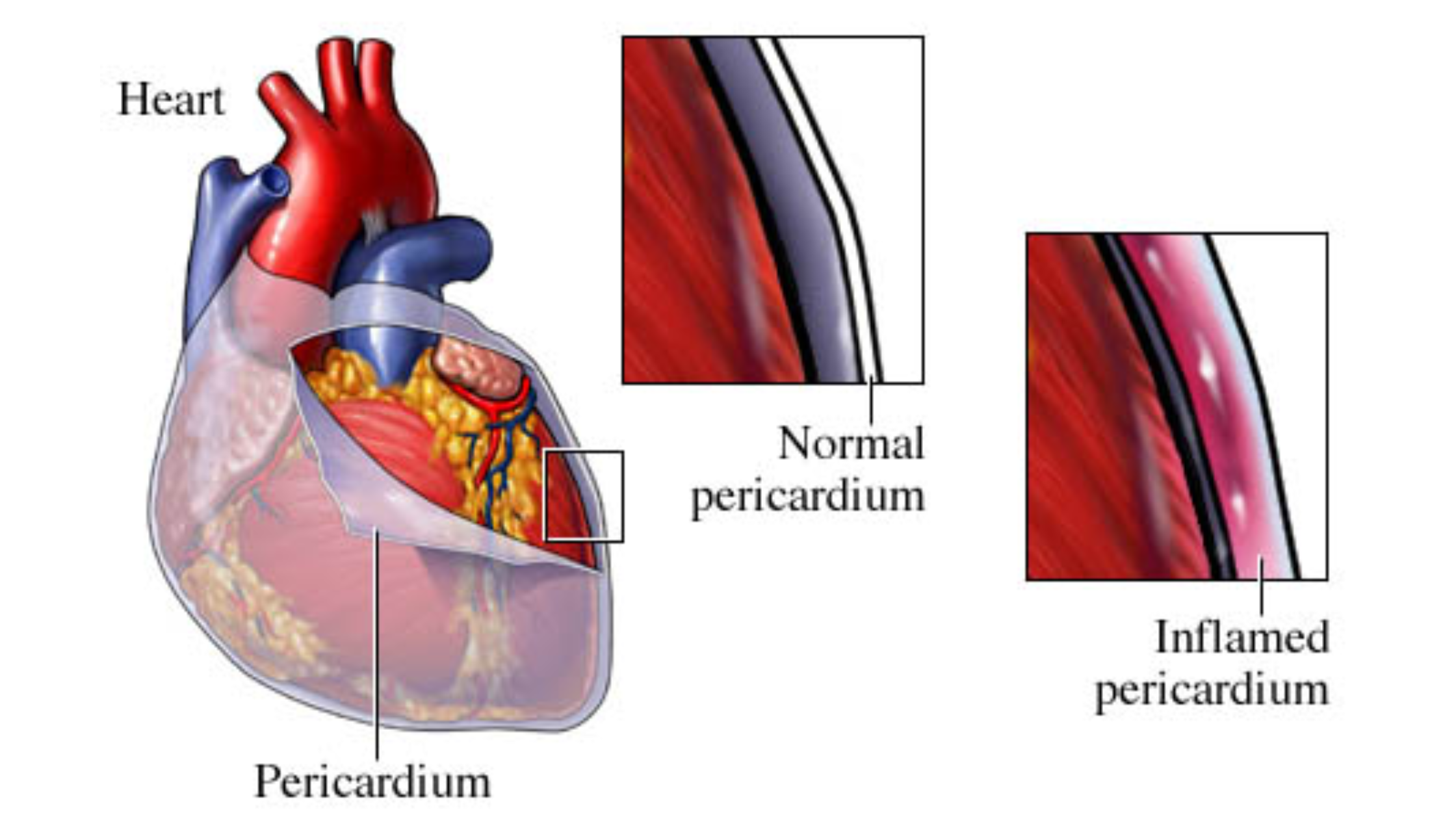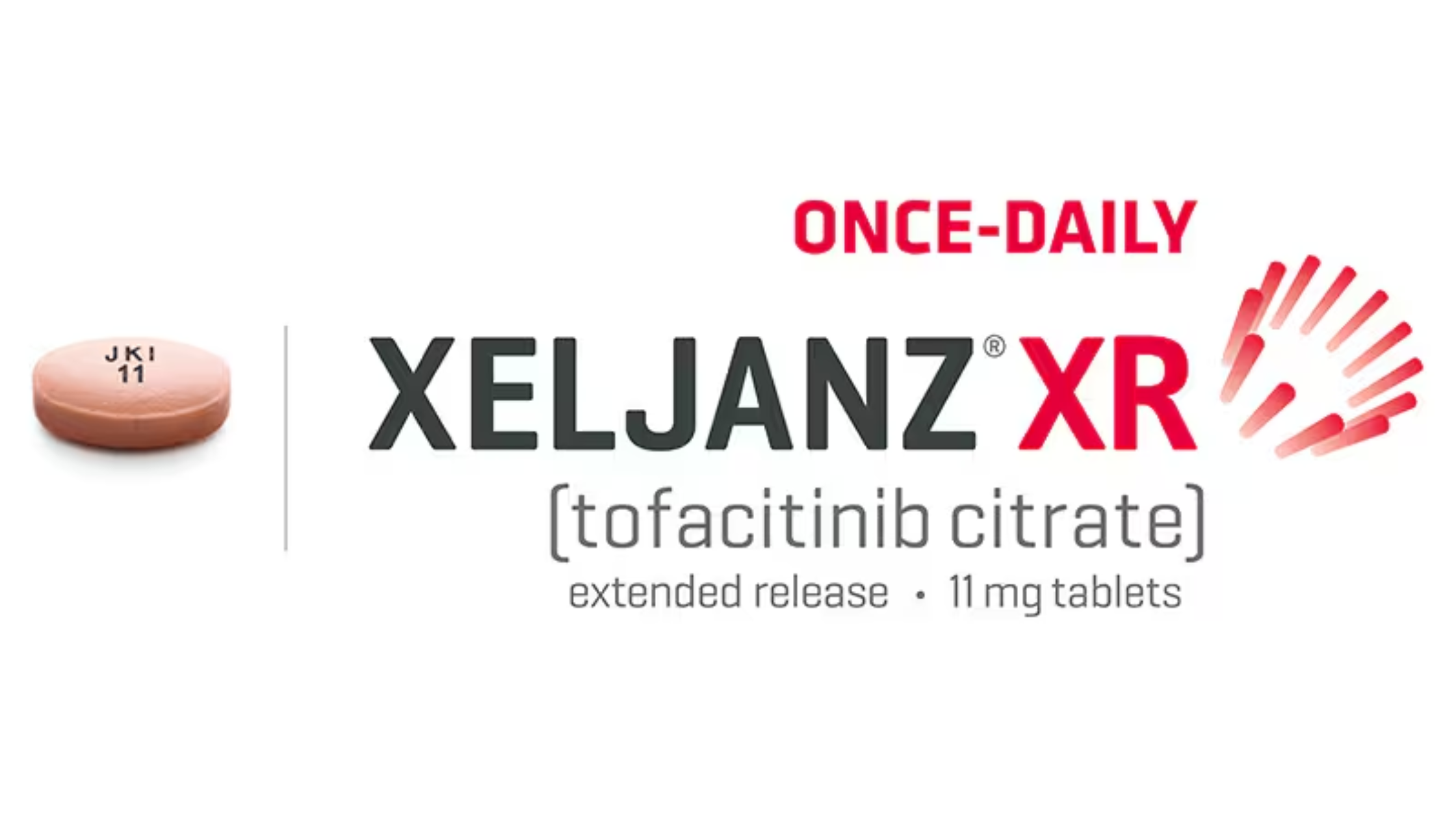Discover everything you need to know about the heparin antidote- PROTAMINE SULFATE, how it works, when it’s used, and why it’s essential in managing heparin overdose.
When managing patients on anticoagulants, one critical consideration is the availability of an antidote in case of overdose or excessive bleeding. For heparin, a widely used injectable anticoagulant, a specific reversal agent exists, and understanding its role can mean the difference between life and death in emergency settings. This article breaks down everything you need to know about the heparin antidote in clear, practical, and medically accurate terms.
What Is the Heparin Antidote?
The heparin antidote is protamine sulfate — a medication specifically designed to neutralize the anticoagulant effects of heparin. It works by forming a stable, inactive complex with heparin, thereby stopping its blood-thinning action almost immediately.
Key Point:
- Protamine sulfate is the only clinically approved antidote for heparin overdose by the FDA.
How Does the Heparin Antidote Work?
When administered intravenously, protamine sulfate binds directly to heparin, neutralizing its anticoagulant properties. This happens because protamine carries a positive charge, while heparin carries a strong negative charge. Upon contact, these molecules form an inactive complex that is then eliminated by the body.
Mechanism Overview:
- IV administration
- Rapid heparin neutralization
- Stable complex formation
- Prevention of further bleeding
The effect is typically immediate within 5 minutes, making it indispensable in settings such as cardiac surgery, dialysis, and treatment of accidental or intentional heparin overdose.
When Is the Heparin Antidote Used?
The heparin antidote is used in several clinical scenarios where reversing anticoagulation is critical:
- Heparin overdose
- Excessive bleeding during or after surgery involving heparin
- Post-cardiopulmonary bypass procedures
- Over-anticoagulation during dialysis
- Emergency reversal before urgent invasive procedures
Prompt administration of protamine sulfate in these cases can prevent fatal hemorrhages and stabilize patients quickly.
Correct Dosing of the Heparin Antidote
Dosing of protamine sulfate is calculated based on the amount of heparin administered and the time elapsed since its last dose.
Standard Dosing Guideline:
- 1 mg of protamine sulfate neutralizes approximately 100 units of heparin.
Important Considerations:
- If heparin was given within the last 30 minutes, the full dose is required.
- If 30–60 minutes have passed, 50% of the dose may suffice.
- Beyond 2 hours, 25% or less of the initial dose is typically enough.
Example:
If a patient received 5,000 units of heparin within 30 minutes, they would require 50 mg of protamine sulfate IV.
Maximum safe dose: 50 mg in any 10 minutes to reduce the risk of adverse reactions.
Possible Side Effects of the Heparin Antidote
While protamine sulfate is life-saving, it can cause side effects — some mild, others severe.
Common Adverse Effects:
- Hypotension
- Bradycardia
- Flushing
- Nausea
- Vomiting
Severe Reactions:
- Anaphylactic reactions (especially in patients with fish allergies, prior protamine exposure, or vasectomy history)
- Pulmonary hypertension
- Cardiovascular collapse (rare)
Precaution:
Always administer slow IV infusion over 10 minutes and monitor for hypersensitivity reactions.
How Quickly Does the Heparin Antidote Work?
The onset of action is immediate, typically within 5 minutes of IV administration. This makes protamine sulfate a reliable and rapid-response antidote in critical care and operating rooms where time-sensitive reversal of anticoagulation is required.
Can It Reverse All Types of Heparin?
The heparin antidote effectively neutralizes unfractionated heparin (UFH) completely.
However, when it comes to low molecular weight heparins (LMWH), such as enoxaparin, protamine sulfate only partially reverses their effects — approximately 60-80%.
Key Insight:
- Fully effective for UFH
- Partially effective for LMWH
- Not effective for other anticoagulants like warfarin, dabigatran, or apixaban
Is the Heparin Antidote Always Necessary?
Not every patient on heparin requires an antidote. Its use is reserved for cases of significant bleeding, urgent surgery, or confirmed overdose. In mild bleeding or when the anticoagulant effect can be allowed to wear off naturally, protamine sulfate may be unnecessary.
Storage and Availability of the Heparin Antidote
Due to its role in medical emergencies, protamine sulfate is a critical stock item in hospitals, particularly in:
- Operating rooms
- Cardiac catheterization labs
- Dialysis units
- Intensive care units
Storage of heparin antidote:
- Store at room temperature (20-25°C)
- Protect from light
- Check the expiry date before use
Think about this!
In medical settings where heparin is administered, having an effective and rapid-response antidote is vital. Protamine sulfate, the definitive heparin antidote, acts swiftly to neutralize heparin’s anticoagulant effect, making it an indispensable agent in surgery, critical care, and emergency medicine.
Understanding its dosing, onset of action, possible adverse effects, and limitations ensures safer anticoagulation management and better patient outcomes.
If you or a loved one is on heparin therapy, it’s reassuring to know that an effective heparin antidote exists. Healthcare providers remain prepared to respond to emergencies with protamine sulfate, ensuring patient safety remains the top priority. For more updates, consult the Medical Antidote.




